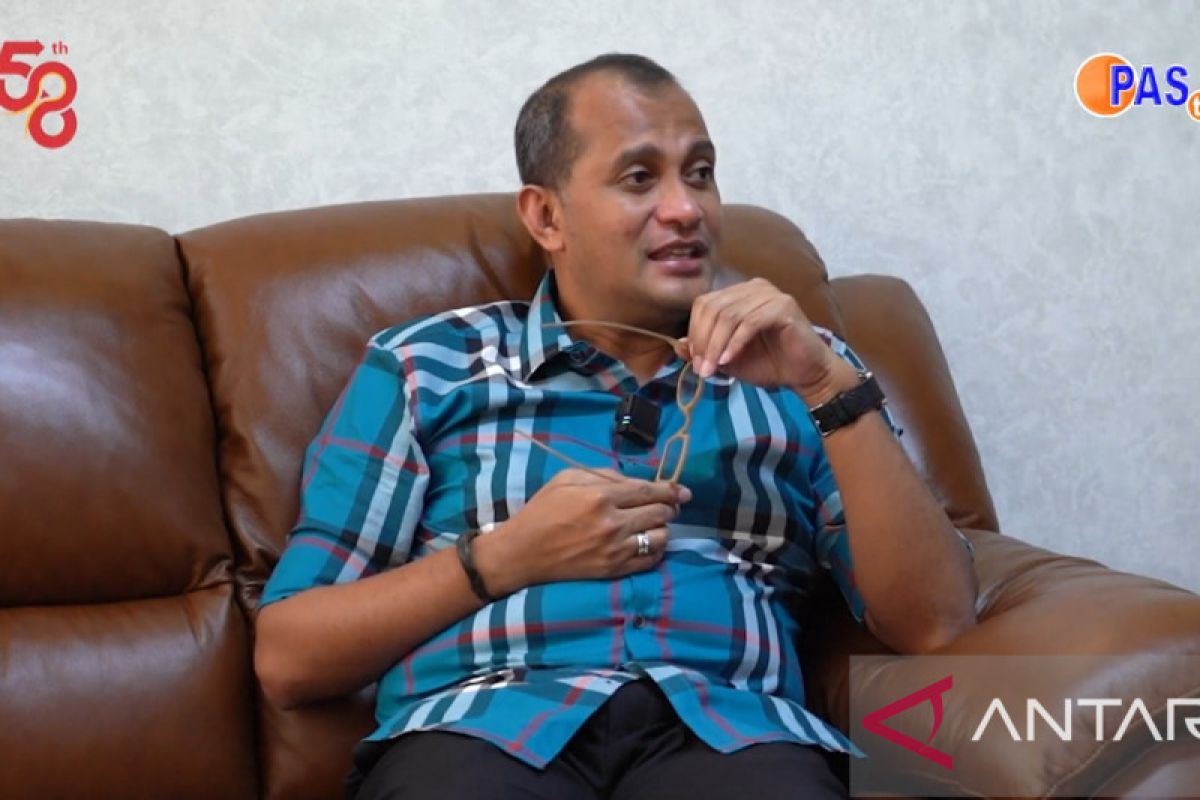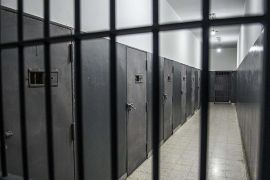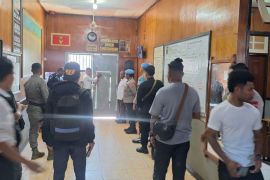During the Voice of Corrections event titled "Restorative Justice and Overcrowded Handling" streamed on YouTube on Monday, Hiariej noted that prison or correctional facilities in those nations are empty.
This is the opposite of what is the case in Indonesia wherein the facilities are not only full but also overcrowded.
In nations with advanced correctional system, it is very rare for someone to stay long in prison, as these nations implement a semi-detention system, he pointed out.
One of the characteristics of nations that implement the semi-detention system is that a convict only stays in a prison from six in the afternoon to six in the morning, he stated.
"From six in the morning to six in the afternoon, they carry out their activities as usual, such as working at an office or trading," he elaborated.
This means that convicts in nations that implement the semi-detention system stay in the prison for only half of the day. The length of the punishment is determined by the judges, who delivers the sentence.
Moreover, there are nations that implement a weekend detention system wherein the imprisonment starts from Friday evening or early Saturday at 0:00 a.m. local time and ends on Monday at midnight.
"A system like that does not exist in Indonesia," Hiariej noted.
In fact, the Netherlands has implemented social works penalty on convicts since 1982, which means it has been implemented for 40 years.
To this end, it must be acknowledged that when it comes to a correctional system, Indonesia lags 30 to 40 years behind Western nations, he emphasized.
Thus, Hiariej believes that the Correctional Bill must be ratified immediately, as it is directly linked to the implementation of restorative justice.
Related news: Inmates' transfer temporarily solves prison overcrowding issue
Related news: Indonesia needs alternative sentencing beyond imprisonment: Ministry
Related news: Ministry building correctional facility to house 800 prisoners in Aceh
Translator: M Zulfikar, Fadhli Ruhman
Editor: Sri Haryati
Copyright © ANTARA 2022












